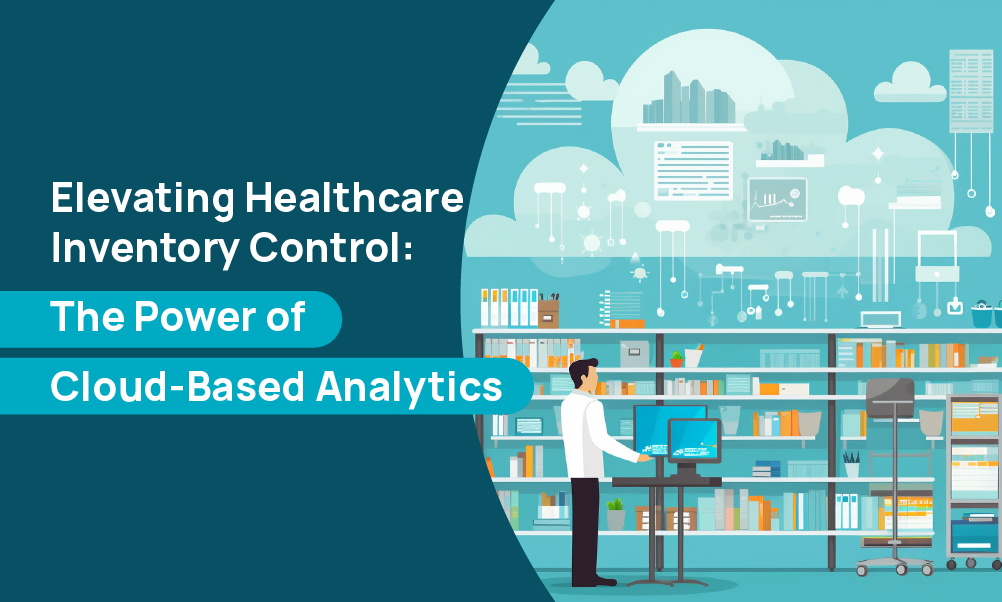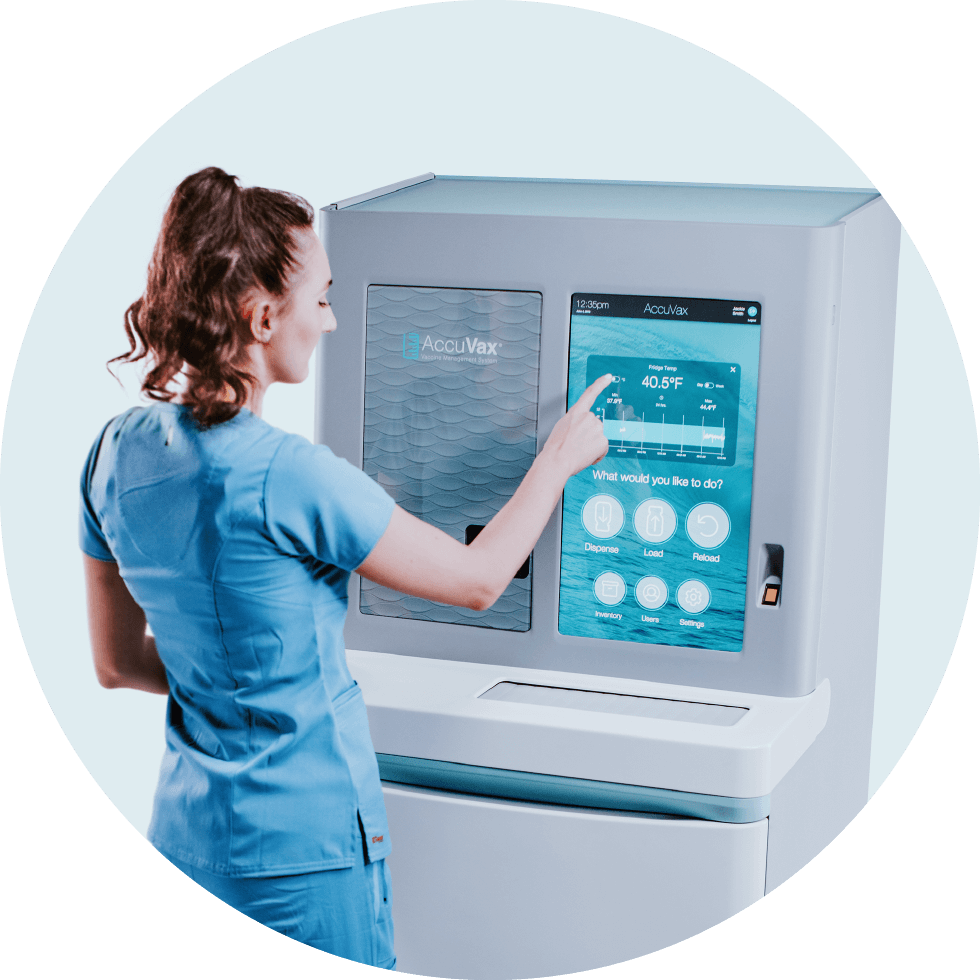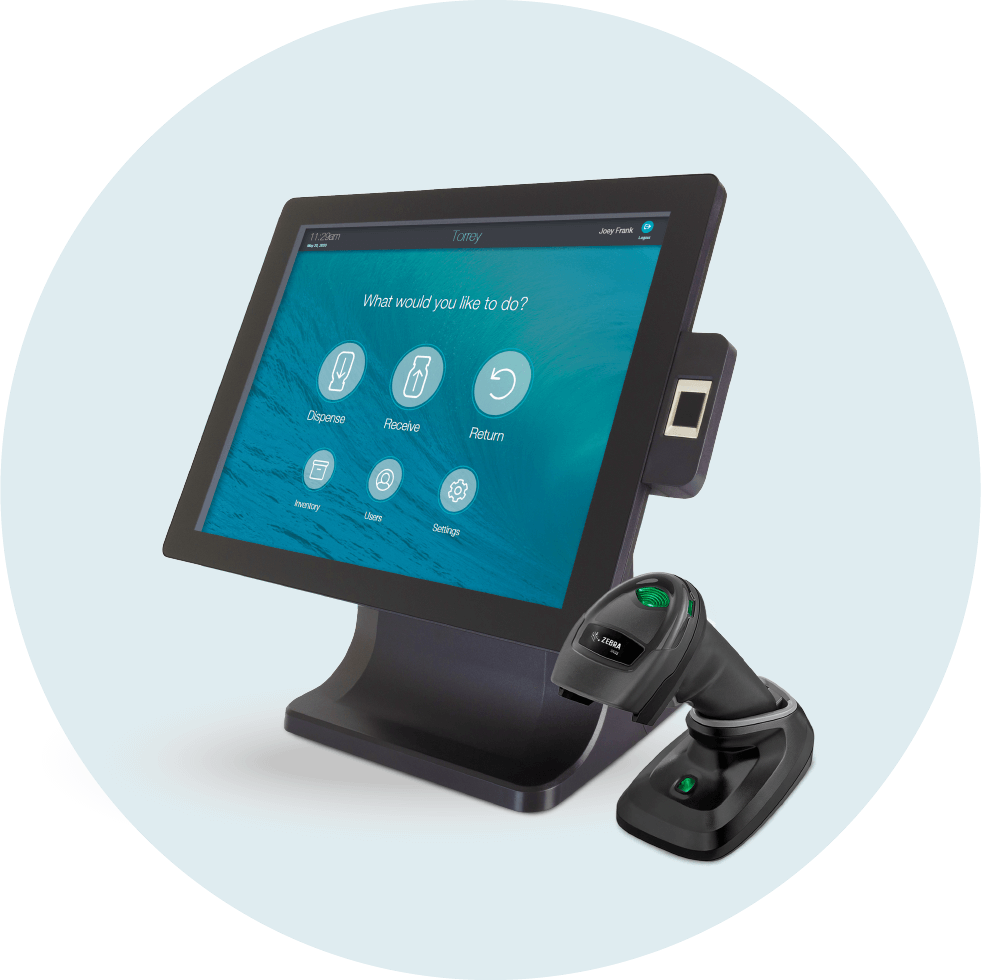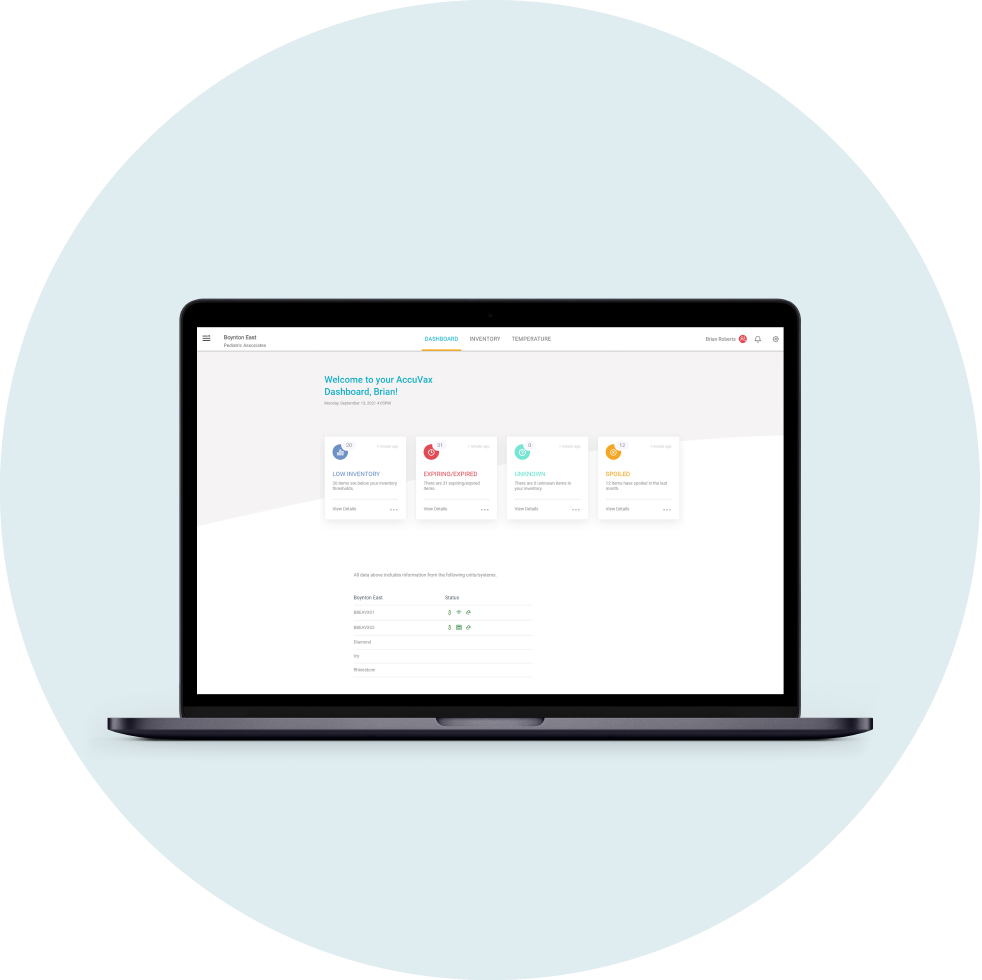In the ever-changing world of healthcare, effective inventory management is vital. Healthcare facilities must navigate the fine line between ensuring a steady flow of critical medications and supplies all while managing costs, complying with regulations, and putting patient safety front and center. The good news? Technology has come a long way with solutions to address this challenge. In this article, we will explore the key considerations healthcare facilities should keep in mind when assessing inventory analytics software.
The Challenge of Healthcare Inventory Management
Effective inventory management in healthcare is a multifaceted challenge. Healthcare facilities, whether private practice or federally funded, must ensure that essential items like medications, vaccines, and clinical supplies are readily available when needed, without overstocking to avoid unnecessary costs. They must also maintain detailed records for regulatory compliance—tracking lot numbers, expiration dates, and other specifics. Additionally, financial prudence is essential, requiring a fine balance between supply availability and budget constraints.

Why Inventory Management Matters
Proper inventory management in healthcare is the backbone that sustains the industry’s essential functions. It extends beyond the critical need for practices to have an adequate supply of Personal Protective Equipment (PPE), a fact vividly underscored by the recent shortages during the pandemic. But medications, vaccines, diagnostic equipment, and even mundane, non-medical supplies like paper and printer ink must be easily located, tracked, correctly invoiced, and kept in stock.
Beyond Patient Safety
Inventory mismanagement doesn’t just jeopardize patient safety; it has far-reaching consequences. Constantly scrambling for supplies and facing frequent shortages places immense stress on healthcare staff, leading to job dissatisfaction. Moreover, inadequate supply management can be a financial quagmire.
Let’s take the humble serum-separating tube as an example—a supply used daily in virtually every healthcare facility. If inaccurate inventory tracking leads to a shortage of these tubes, rush deliveries become necessary. This incurs extra costs, delays lab tests, may require overtime pay to catch up, could lead to procedure cancellations, and might drive patients to seek care elsewhere due to inconvenience. The financial toll can escalate rapidly.
Regulations and Compliance
State and federal regulations often require that facilities keep a minimum amount (or days’ worth) of crucial supplies on hand. Compliance audits also require precise tracking and hard numbers. But, even more importantly, staff needs to know where everything is at a glance.
Periodic automatic replenishment (PAR) levels cannot be maintained through gut feeling and intuition. For too long, many healthcare facilities have been using the “glance in the supply closet” method of determining when to replenish PPE, office supplies, and even medications. As discussed above, this outdated practice can compromise patient safety and quickly become costly.
So what’s the solution?
Inventory Management Analytics for Healthcare
Enter cloud-based analytics inventory management software—a modern solution that offers many benefits including, improving operations, enhancing patient care, and achieving better financial management. Here are some key advantages:
- Real-Time Visibility: Medical inventory analytics provide health centers with real-time visibility into their inventory, ensuring that they always have accurate and up-to-date information on stock levels, expiration dates, recalls, and usage patterns. This helps prevent shortages and overstocking, ensuring that critical medical supplies and medications are readily available when needed.
- Cost Savings: By optimizing inventory levels and reducing waste, health centers can save money on both procurement and storage costs. Inventory analytics can provide insights into which items are frequently used and which are not, allowing for more informed purchasing decisions.
- Improved Patient Care: Accurate inventory reporting ensures that the right medications and supplies are always available for patient care. Some inventory systems even have patient safety alerts to warn practitioners if a medication is recalled or expired! This reduces the risk of errors, enhancing the quality of care provided by clinicians.
- Increased Compliance: Community Health Centers are subject to strict regulatory requirements. Inventory reporting can help ensure compliance by providing detailed records of inventory transactions, including patient information, lot numbers, expiration dates, temperature logs and more. This can simplify the auditing process and reduce the risk of compliance issues. Some inventory management systems include separate inventory tracking and 340B- and VFC-specific reporting.
- Enhanced Productivity: Automated inventory reporting helps reduce the administrative burden on healthcare staff. This allows them to spend more time on patient care and less on manual record-keeping and inventory management tasks.
- Data-Driven Decision-Making: Medical inventory analytics enable Health Centers to make data-driven decisions about inventory management. They can analyze historical usage patterns and forecast future needs more accurately, leading to more efficient procurement and inventory control.
- Integration with EHR Systems: Many cloud-based medical inventory analytics solutions can seamlessly integrate with electronic health record (EHR) systems, creating a unified platform for managing patient care and inventory. This integration streamlines workflows and ensures that inventory data is consistently updated across systems.
Choosing the Right Inventory Management System for Healthcare
- Real-Time Data: The system should provide real-time visibility into inventory levels, usage, and changes. This enables healthcare facilities to respond quickly to fluctuations in demand and avoid stockouts or overstocking.
- Integration Capabilities: Seamless integration with other healthcare systems, such as Electronic Health Records (EHR) and Purchasing Systems, is crucial. This ensures that inventory data is consistent across all platforms, reducing manual data entry and potential errors.
- Detailed Tracking: The system should offer granular tracking of inventory items, including lot numbers, expiration dates, and item specifics.
- User-Friendly Interface: An intuitive and user-friendly interface is essential for healthcare staff to efficiently manage inventory. It should be easy to navigate, require minimal training, and integrate seamlessly into a clinical workflow.
- Security and Compliance: Robust security measures, including encryption and access controls, should be in place to protect sensitive patient and inventory data. Compliance with healthcare regulations (e.g., HIPAA) is non-negotiable.
- Audit Trail: The system should maintain an audit trail of all inventory transactions and changes, providing transparency and accountability for regulatory purposes.
- Scalability: The system should be scalable to accommodate the growth of healthcare facilities, whether it’s an increase in the number of clinics, patient volume, or inventory items.
- User Permissions: Role-based access control ensures that only authorized personnel can make changes to inventory data, reducing the risk of errors or misuse. (biometric login preferred)
- Alerts and Notifications: The system should offer automated alerts and notifications for low inventory levels, expiring items, or other critical events, allowing healthcare staff to take timely action.
- Support and Training: Adequate customer support and training resources should be available to assist healthcare facilities in implementing and using the system effectively.

The Solution: AccuSite + AccuShelf by TruMed
For healthcare facilities seeking a comprehensive inventory management system, TruMed offers the ideal multifaceted solution. AccuSite + AccuShelf offers real-time inventory tracking, detailed item information, patient safety checks, audit trails, EHR integration, intuitive clinical workflows, and a user-friendly interface, all within a secure and HIPAA-compliant framework.
With TruMed, healthcare facilities gain complete transparency into their inventory, from the moment items are received through every administered dose. From receipt through drug administration, AccuSite + AccuShelf delivers complete inventory transparency, trackable transfers between clinic locations, expiration alerts for medications, and inventory forecast reports—preventing medication stockouts and overstocking. The system is flexible enough to adapt to the unique needs of different healthcare facilities while providing the necessary tools to manage inventory effectively and securely.
Contact us today for a demo!







